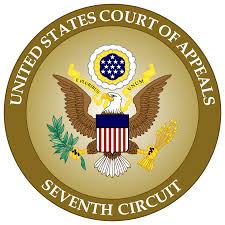In a statement on Jan 22, the 49th anniversary of
Roe v. Wade, President Joe Biden and Vice President Kamala Harris pledged to defend abortion.
“The constitutional right established in Roe v. Wade nearly 50 years ago today is under assault as never before,” their statement reads. “It is a right we believe should be codified into law, and we pledge to defend it with every tool we possess.”
Biden and Harris criticized states which have enacted pro-life laws that restrict abortion. Texas last year passed its Heartbeat Act, which bans abortion after the child's heartbeat is detectable. That law sees enforcement today,
though it is set to be argued in court for months.
Mississippi's Gestational Age Act is
currently being considered by the Supreme Court in Dobbs v. Jackson Women's Health Organization. That law would ban abortion after 15 weeks gestation, but it was blocked by courts.
Dobbs v. Jackson is a direct challenge to
Roe v. Wade's precedent, which prohibits states from enforcing laws that restrict abortion before a subjective "viability" standard of 24 weeks. Babies have survived birth as young as 21 weeks. It is unclear with the Supreme Court will decide at this point, but many believe that the court will overturn
Roe v. Wade. This will turn the issue of abortion back to the states.
“These state restrictions constrain the freedom of all women,” Biden and Harris wrote. They argued that pro-life laws are “particularly devastating for those who have fewer options and fewer resources, such as those in underserved communities, including communities of color and many in rural areas.”
Biden and Harris committed to codifying a right to abortion by working with Congress to pass the Women's Health Protection Act. That law would establish a federal right to abortion, thereby nullifying many pro-life state laws. Without the help of pro-life Senators, however, pro-abortion legislators will not be able to pass anything resembling this bill.




















